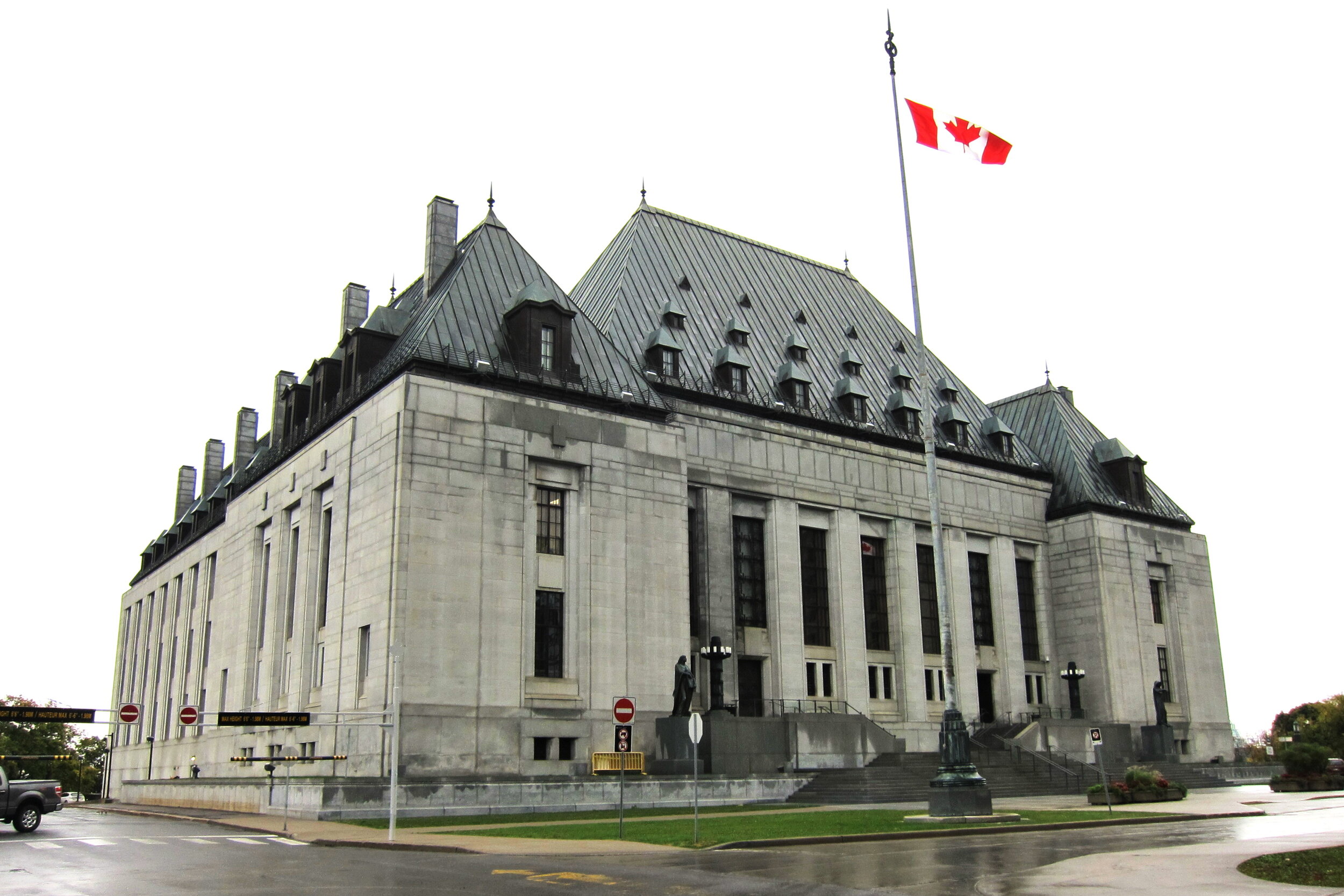Supreme Court of Canada Will Not Hear Appeal of Important Wrongful Dismissal Case
Canada's highest court won’t hear a further appeal of the Ontario Court of Appeal’s June 6, 2020 Waksdale decision which profoundly impacted the landscape of employment law for both employees and employers. Waksdale's impact will now continue for the foreseeable future.
The Supreme Court of Canada won’t hear an appeal of the Ontario Court of Appeal’s June 6, 2020 Waksdale decision.
Waksdale is a wrongful dismissal case which had a profound impact upon the landscape of employment law in Ontario. Because of Waksdale, employees now have greater opportunities to obtain larger termination packages upon dismissal. And employers are scrambling to revise their employment contracts to limit the severance pay owed to employees.
In the aftermath of Waksdale, it is more important than ever for both employees and employers to get their contracts reviewed by an employment lawyer.
Waksdale Explained
Employees in Ontario are entitled to advanced notice of dismissal, unless the employee has committed sufficiently serious misconduct to justify dismissal without notice or pay.
An employment contract can include a termination clause which provides for any amount of advanced notice, as long as the termination clause complies with all aspects of minimum employment standards. Employers often include termination clauses which limit employees to only the bare minimum termination entitlements required by employment standards legislation.
If an employee can show that the contract expresses a termination entitlement that falls below minimum standards, then the law treats the termination provision as invalid.
In the absence of a valid termination provision, the law presumes the employee is entitled to “reasonable notice,” an entitlement which is usually significantly more than employment standards minimums.
The Impact of Waksdale
It is a common drafting convention for employers to divide a termination clause into separate paragraphs dealing with dismissals “for cause” where there is misconduct by the employee and dismissals “without cause” where there has been no misconduct. Contracts will typically say the employee gets “no notice” where there is “cause” for dismissal. And they will go on to say that the employee gets only the minimum notice required by employment standards if the dismissal is “without cause.”
But courts have interpreted the concept of “cause” (developed by judges through cases) as lower than the standard of misconduct described with different terminology in the employment standards legislation (mandatory rules established by the legislature). Because of these technical differences, a termination clause that provides no notice when there is “cause” to dismiss the employee will fall below the requirements of employment standards because an employee’s misconduct could meet the definition of “cause” without rising to the more serious level of misconduct established by employment standards.
Any Ontario contract which follows this drafting convention (and most do) will be illegal for violating employment standards. Waksdale also confirms that this illegality in the “for cause” paragraph will poison the entire termination provision, even if the “without cause” paragraph otherwise appears perfectly compliant with employment standards.
By refusing to hear a further appeal, the Supreme Court of Canada has ensured that the impact of Waksdale will continue to be felt in Ontario for the foreseeable future.
Get Advice
Dismissed employees should speak to an employment lawyer for an opinion about the validity of their contract. Many employees will now be able to retain a lawyer to negotiate for larger severance packages than would be provided through only a surface-level reading of the employment contract.
Employers also have good reason to engage an employment lawyer to revise their employment contracts. Previously valid termination provisions are now at risk of being invalidated because of the implications of Waksdale, exposing the employer to greater potential liability.
CONTACT BEN:
E: bhahn@onlawadvice.com
Or use the form below:

